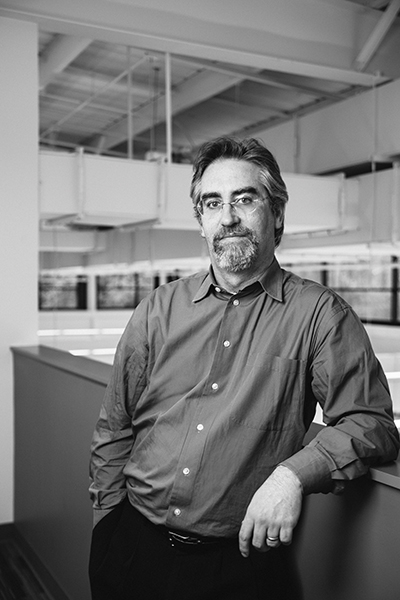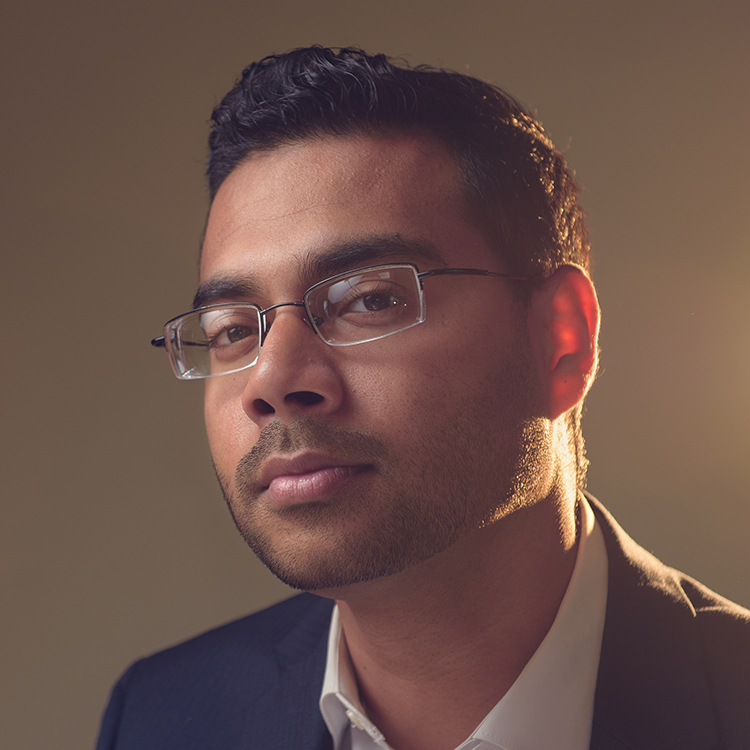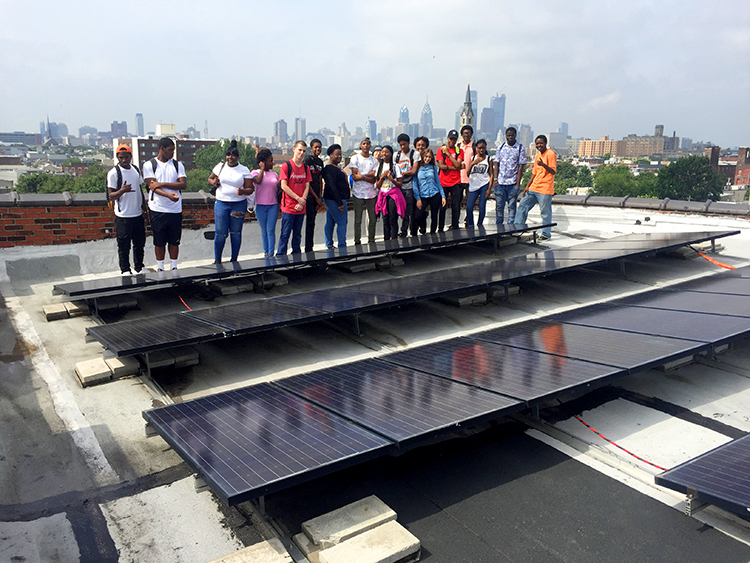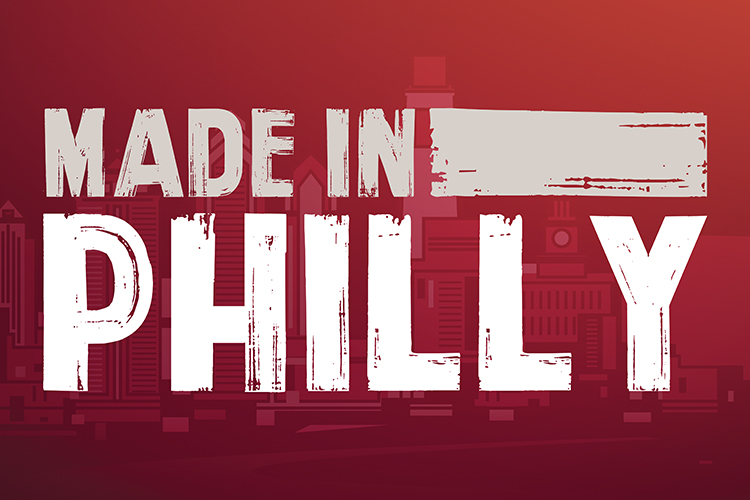Sophomore Slump
by Rob Fleming
You might assume that colleges and universities would serve as the vanguard for sustainability. Some of the most intelligent and progressive people in the world can be found in their hallowed halls. And yet, if we were to examine the transcript of grades for higher education we will find—at best—a grade of incomplete when it comes to progressive sustainability education.
Part of the problem lies in the distinction between greening and sustainability. Even in the academies, many professors lump these terms together despite the enormous difference between the two. Greening is really just business as usual with a nod toward mitigation of human impacts upon the planet’s ecosystems. Sustainability is an expression of a fundamentally new worldview where humanity and nature co-evolve to form a holistic and life enhancing relationship—a model that will not only protect future civilizations, but elevate them to new levels of prosperity.
In the end, greening does not require a paradigm shift, and that fact leads to a number of problems as professors across the country attempt to craft curricula for the increasing number of students interested in being part of a true transformation of our society. For those academics who were never really interested in greening in the first place, green fatigue has set in, and many are looking forward to the day when we all just get back to “normal.” Greenwashing applies to classes as well as products: It is the prevalent practice of marketing sustainable and green curricula while actually only teaching a modified version of the original course. Worse yet, a “custom” sustainability degree may be offered, but is actually made up of courses cobbled together from departments across the university—each with varying levels of green or sustainable content—in what is often a mishmash of inconsistent coursework. There is also the assumption that a course on the environment automatically makes it a sustainable course—it doesn’t.
And yet, I see glimmers of hope for universities. The trend toward collaboration across disciplines, for example, lays the groundwork for integrated problem solving, which will be crucial to establishing a sustainable future. The emergence of sustainability focused degrees (designed from scratch) such as the one I helped to create at Philadelphia University (an M.S. in sustainable design), or Villanova’s M.S. in sustainable engineering or Penn’s master of environmental building design demonstrate that there is a demand for this new type of educational model—one that is more horizontal, more integrated and ultimately more impactful.
Many companies in the private sector have pursued sustainability at very high levels and transformed their business practices as a result. Government agencies such as the Philadelphia Mayor’s Office of Sustainability have proven that widespread and meaningful change can happen. Over time, these exemplars may push the higher education space to change, a green osmosis that slowly and methodically nudges institutions to go beyond the green plateau. But the stakes are high, and slow, incremental change is simply not enough.
We need fundamentally new types of programs, courses and co-curricular experiences that will lay the groundwork for a great societal leap toward authentic sustainability. The alternative is more greenwashing, more delay, more inaction and ultimately more damage to our precious environment—the only one we have.
Professor Rob Fleming is program director of the master of science in sustainable design at Philadelphia University.







